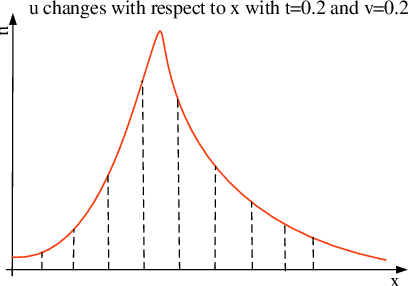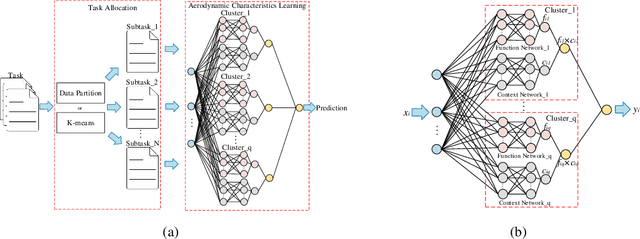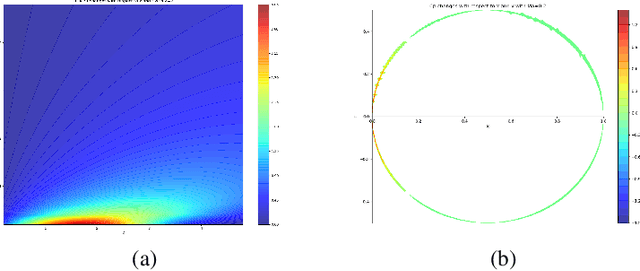Wenzheng Wang
ClinicalGPT-R1: Pushing reasoning capability of generalist disease diagnosis with large language model
Apr 15, 2025Abstract:Recent advances in reasoning with large language models (LLMs)has shown remarkable reasoning capabilities in domains such as mathematics and coding, yet their application to clinical diagnosis remains underexplored. Here, we introduce ClinicalGPT-R1, a reasoning enhanced generalist large language model for disease diagnosis. Trained on a dataset of 20,000 real-world clinical records, ClinicalGPT-R1 leverages diverse training strategies to enhance diagnostic reasoning. To benchmark performance, we curated MedBench-Hard, a challenging dataset spanning seven major medical specialties and representative diseases. Experimental results demonstrate that ClinicalGPT-R1 outperforms GPT-4o in Chinese diagnostic tasks and achieves comparable performance to GPT-4 in English settings. This comparative study effectively validates the superior performance of ClinicalGPT-R1 in disease diagnosis tasks. Resources are available at https://github.com/medfound/medfound.
Aerodynamic Data Predictions Based on Multi-task Learning
Oct 15, 2020



Abstract:The quality of datasets is one of the key factors that affect the accuracy of aerodynamic data models. For example, in the uniformly sampled Burgers' dataset, the insufficient high-speed data is overwhelmed by massive low-speed data. Predicting high-speed data is more difficult than predicting low-speed data, owing to that the number of high-speed data is limited, i.e. the quality of the Burgers' dataset is not satisfactory. To improve the quality of datasets, traditional methods usually employ the data resampling technology to produce enough data for the insufficient parts in the original datasets before modeling, which increases computational costs. Recently, the mixtures of experts have been used in natural language processing to deal with different parts of sentences, which provides a solution for eliminating the need for data resampling in aerodynamic data modeling. Motivated by this, we propose the multi-task learning (MTL), a datasets quality-adaptive learning scheme, which combines task allocation and aerodynamic characteristics learning together to disperse the pressure of the entire learning task. The task allocation divides a whole learning task into several independent subtasks, while the aerodynamic characteristics learning learns these subtasks simultaneously to achieve better precision. Two experiments with poor quality datasets are conducted to verify the data quality-adaptivity of the MTL to datasets. The results show than the MTL is more accurate than FCNs and GANs in poor quality datasets.
 Add to Chrome
Add to Chrome Add to Firefox
Add to Firefox Add to Edge
Add to Edge